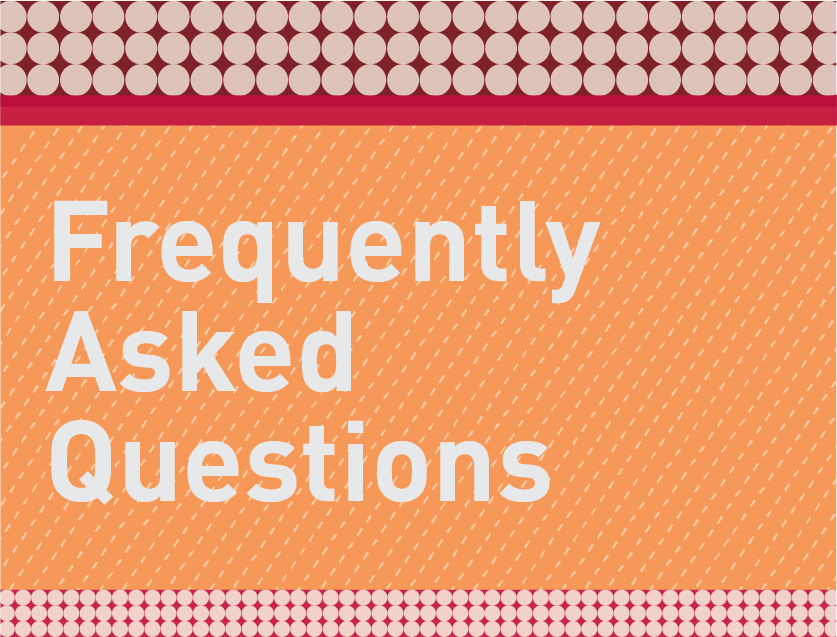The Design Writing Fellowship
FAQs - Articles Track
Do I need to propose an article about teaching in order to participate in this track?
Yes.
What kind of publishing experience do I need in order to participate in this track?
Those with and without previous publishing experience are welcome to participate in this track, and neither one will be prioritized over the other. In fact, we aim for a cohort with a range of experience.
What kind of teaching innovations might I turn into a publishable academic article?
This is a non-exhaustive list to get you thinking:
Teaching strategies, exercises, or assignments. For example, is there an exercise you created to help students learn about something that previously was difficult for them to understand? Or, did you adapt strategies from a field outside design into design education, resulting in better learning outcomes for students?
Curriculum design. For example, did you create new learning outcomes for your course, program, or overall degree structure that adopts a new pedagogical approach? Or, did you adapt the sequencing of courses to better achieve learning outcomes?
Case studies and storytelling in teaching. At times, a narrative approach can teach more effectively than lecture. Did you employ case studies or narratives in your teaching to better convey information?
Narratives or reflections on teaching a particular course, population, etc. For example, have you refined teaching strategies to work with first generation college students? Or, are you bringing something particular about your own identity into your teaching?
How can I tell if my teaching innovation is publishable?
Beginners often think that they have to come up with something completely new and original in order for their scholarship to be publishable. This is not the case. Instead, successful ideas for turning teaching into publication will focus on building off existing scholarship in the field, addressing an unmet gap, and making a compelling case for why the teaching innovation is important. Successful ideas also consider how to evaluate a teaching strategy, and whether any evidence (such as case studies, teaching evaluations, or student work samples) needs to be collected. Often, if you’re doing something in your teaching that is beneficial when shared with colleagues at your own institution, it may be worth sharing it more broadly.
What can I expect from this process?
Accepted fellows complete four assignments over the course of the winter. These assignments are designed to guide them through the process of refining their argument and documenting their evidence, developing a literature review, outlining their paper, and writing a draft in a way that is suitable for publication in a peer-reviewed academic journal. Fellows will receive prompts for completing these assignments on their own time within the time frame of a given month. Then, during the Fellowship Workshop, fellows receive feedback on and refine their drafts – and learn about the world of academic publishing more broadly. For a tentative schedule of assignments, see here.
How much time do I have to spend?
Expect to spend approximately 20 hours per month on your own, completing assignments and article drafting between January and May. The Fellowship Workshop meeting takes place from May 27th-29th, 2026 via Zoom, and participation in all three days is required.
Do I need Institutional Review Board (IRB) approval for the evidence I collect for my article?
An IRB is a committee at your institution that reviews research involving human subjects, ensuring that such research is ethical. Every institution is different, so check with your own college or university. In general, research in conventional educational settings—such as those involving the study of instructional strategies or effectiveness of various techniques, curricula, or classroom management methods—are exempt from IRB review. However, if you are using identifiable student work samples, it is ethical to ask your students for permission and double-check with your institution's IRB.
If I already have an article started about my teaching, can I participate?
Yes, absolutely! However, you will still be required to complete the four monthly assignments. Participants will find this structure strengthens existing work.

